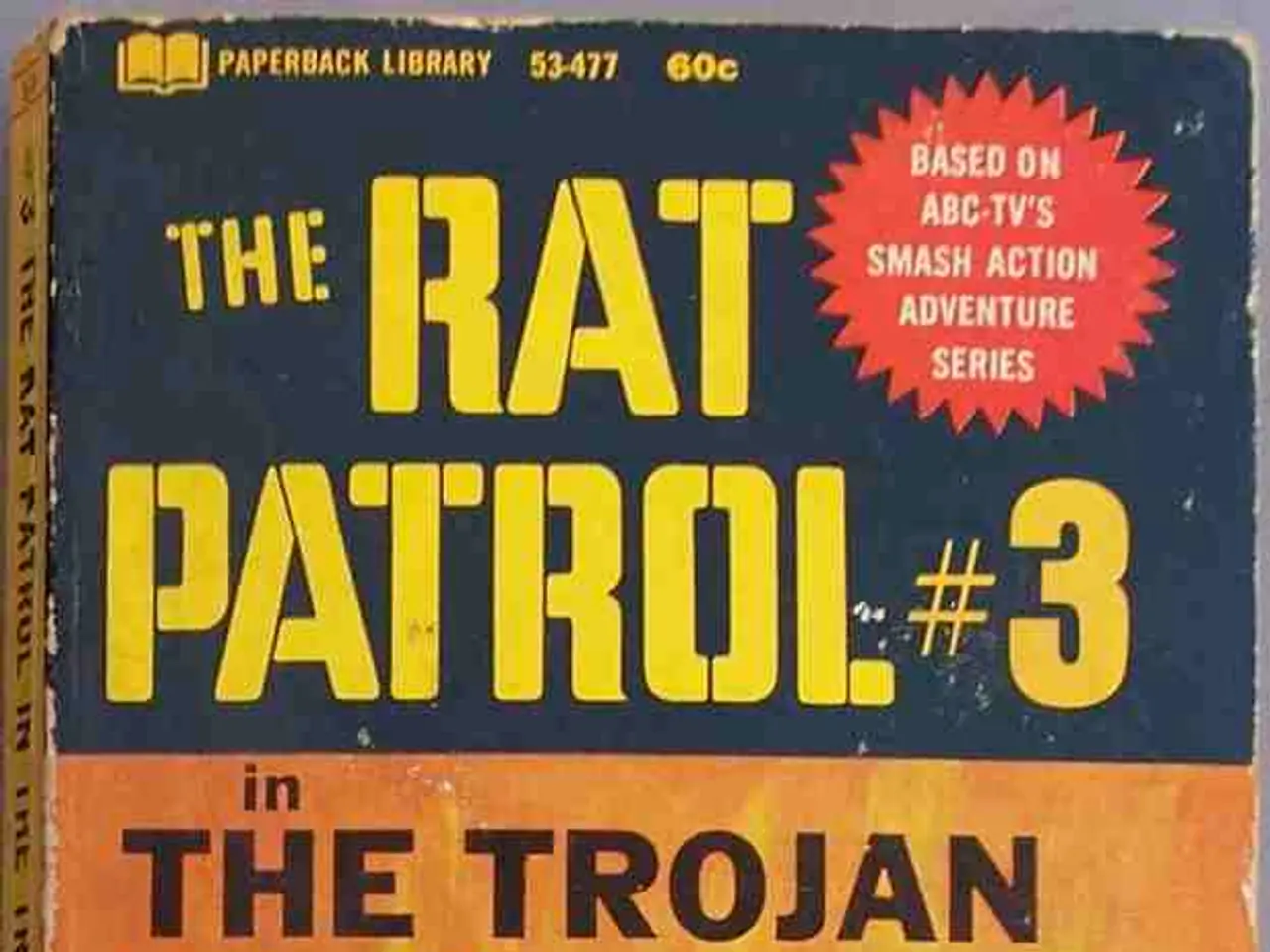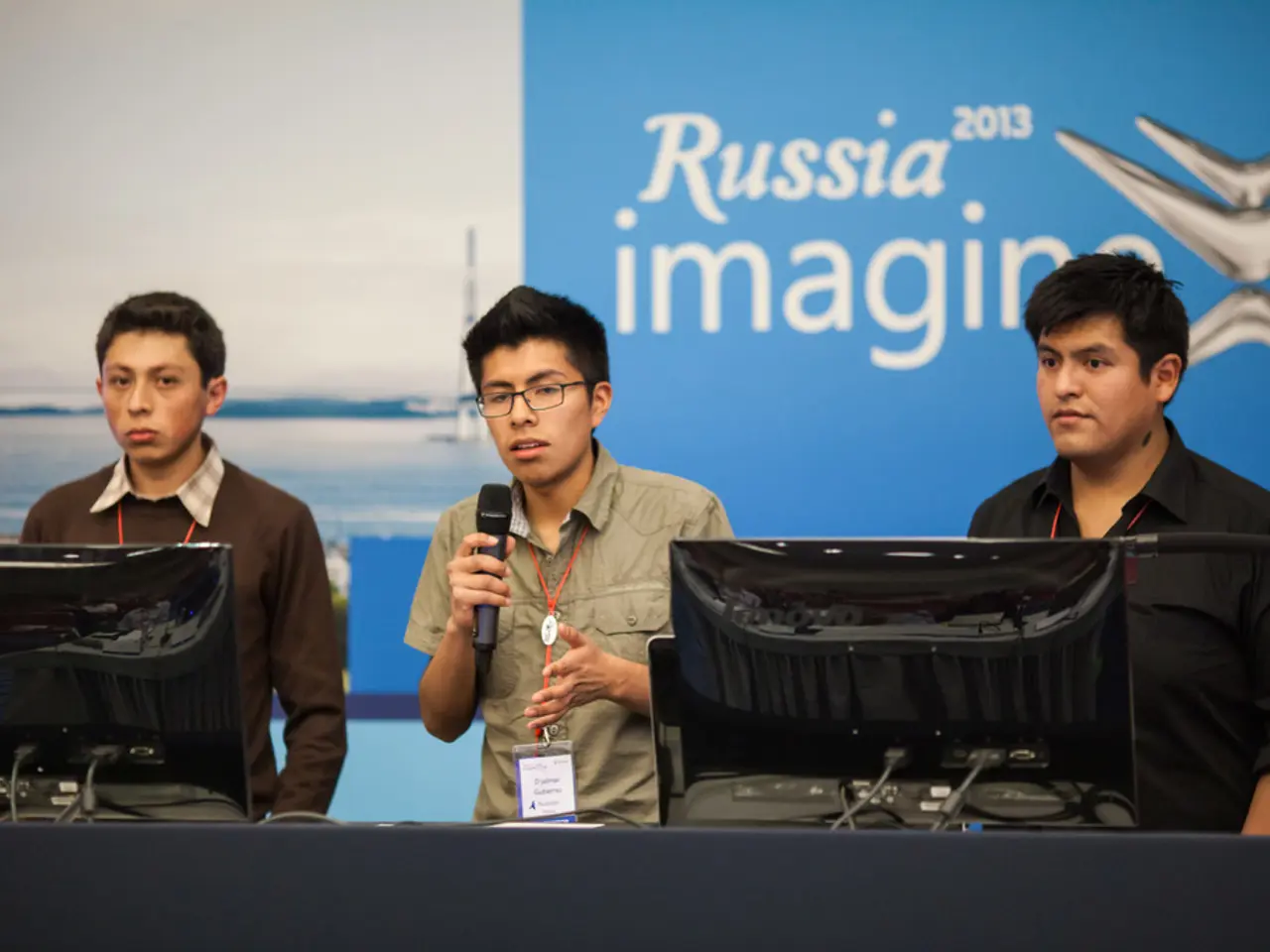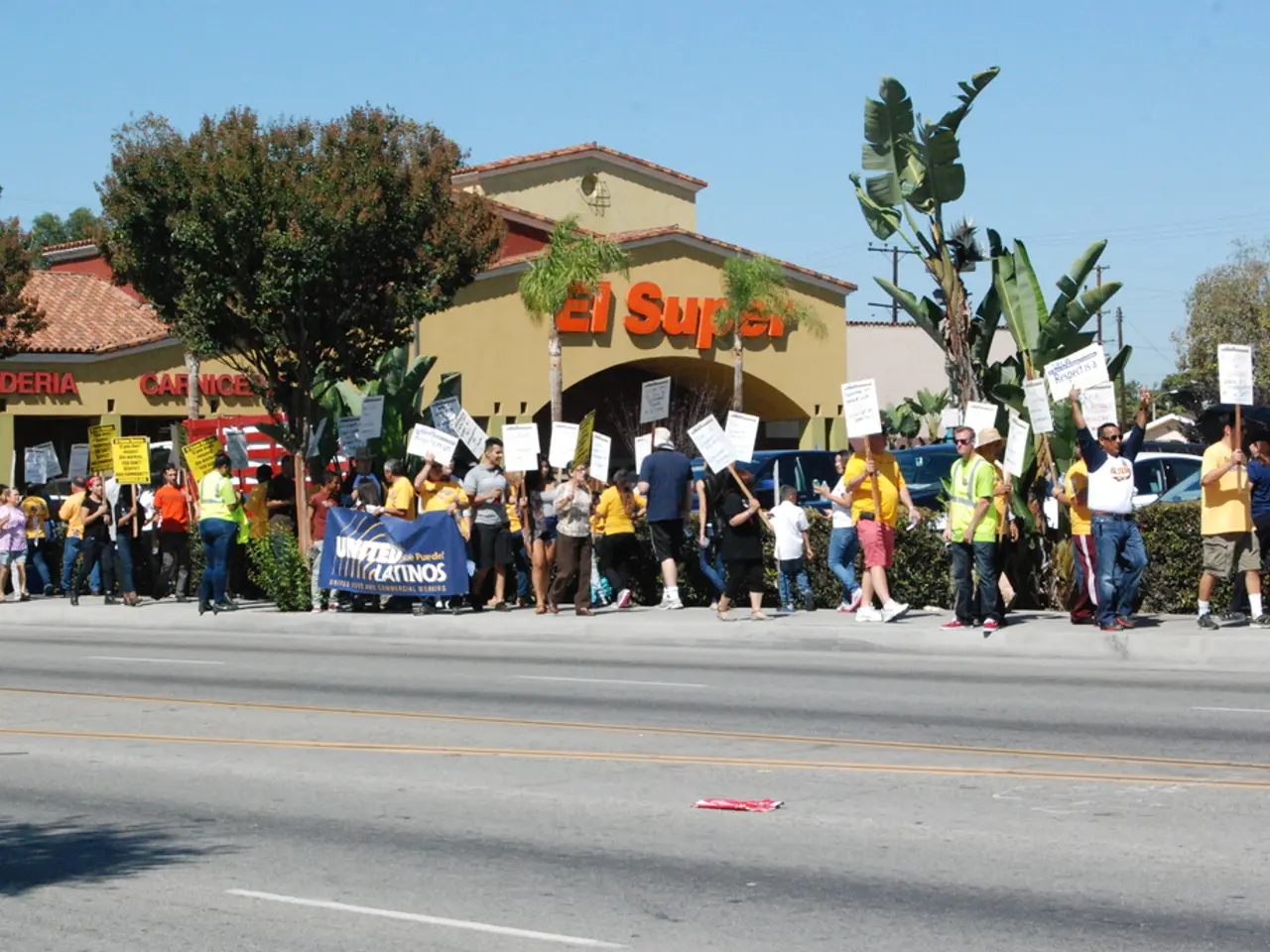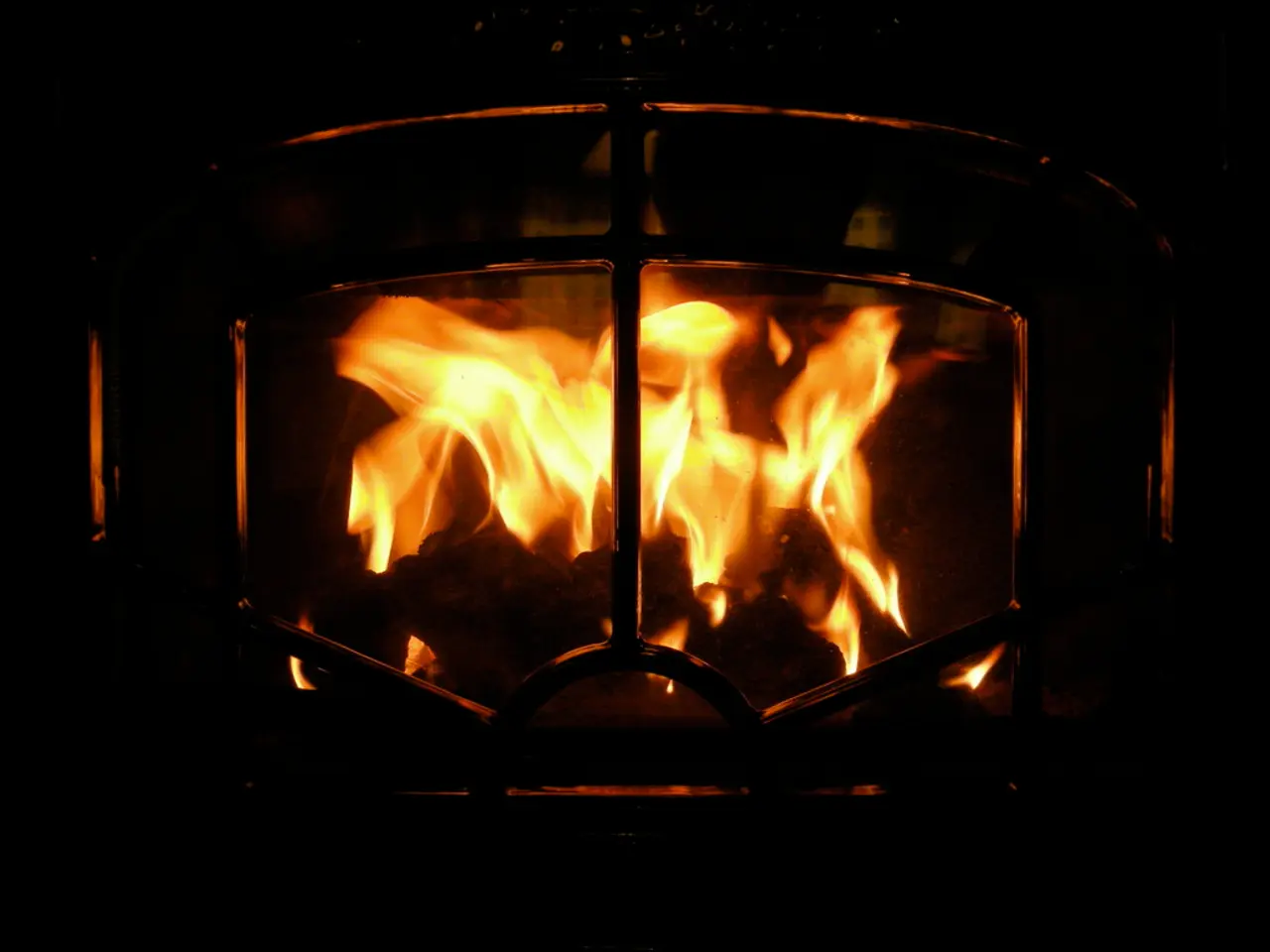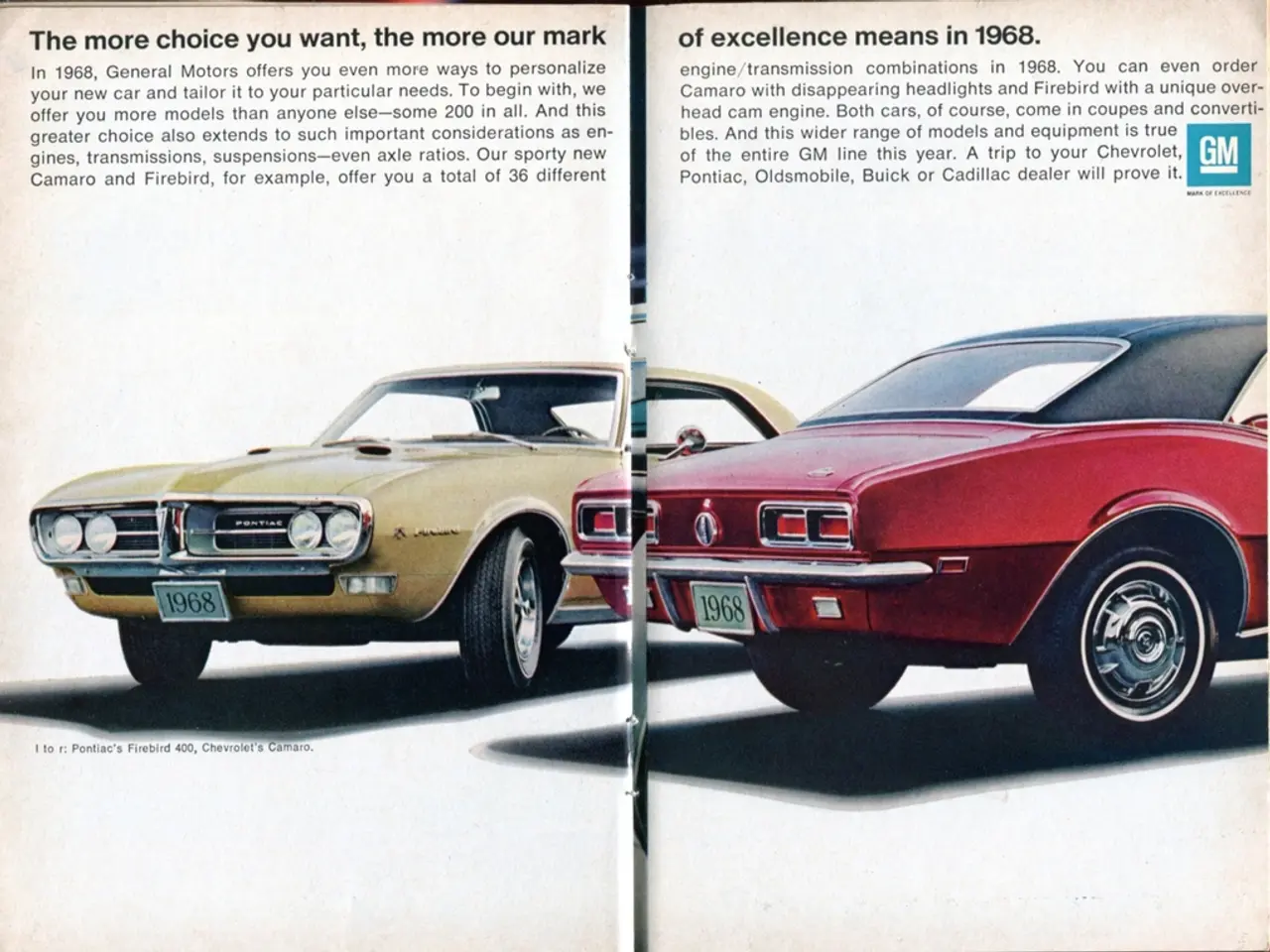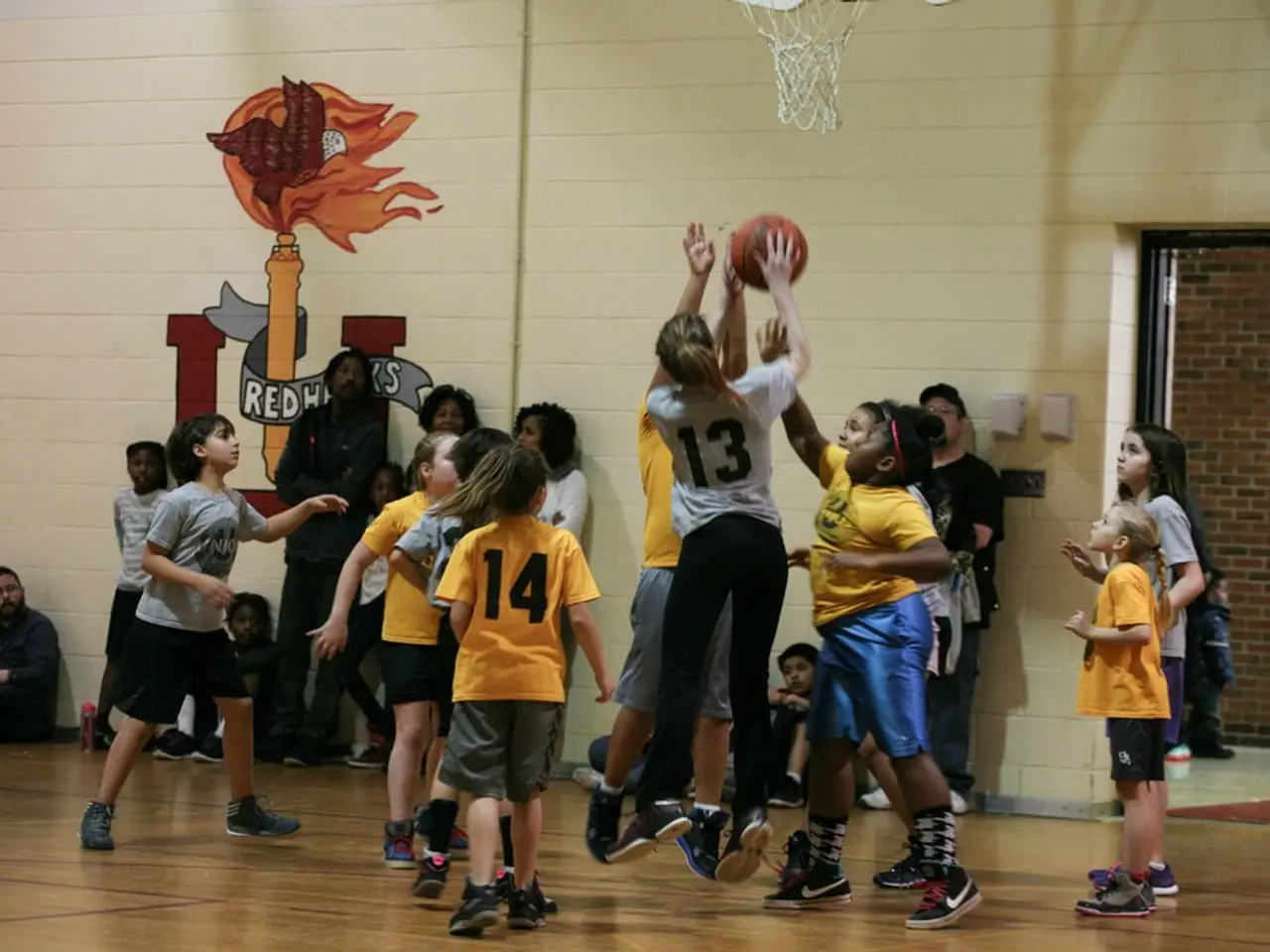Unjustly Detained Man Freed in El Salvador
In January 2023, Oscar was abruptly arrested during his lunch break and thrown into a 2x2 meter cell with twenty other detainees, all crammed together like sardines. The police informed him his six-day detention was for a routine verification, but it stemmed from an old arrest from several years prior for participating in a protest in Zacamil, a bustling neighborhood in San Salvador.
Factually speaking, El Salvador has an alarmingly high incarceration rate per capita, with close to 85,000 individuals detained at the time of this report. The Terrorism Confinement Center (CECOT) alone may hold anywhere between 14,500 to a staggering 40,000 inmates, nearing its maximum capacity. The majority of prisoners have not been formally sentenced, reflecting a low conviction rate in Latin America.
Those six days in jail felt like an eternity to Oscar, a soft-spoken mechanic-welder who just wanted to live a peaceful life. With his striped polo and boyish face, he didn't appear a day over 40, except for the sadness lurking in his eyes – a remnant of those long months spent behind bars. Initially, he was determined to speak openly about his harrowing experience, but to protect his chances of leaving the country, he decided to remain anonymous.
In La Esperanza prison, Oscar was subjected to inhumane treatment, forced to prostrate himself before the guards and endure regular beatings. He spent eight torturous months in a 7x4 meter cell meant for 85 people. As the numbers grew, so too did the violence and tension. The lucky ones got a bunk bed; most had to make do with the concrete floor.
Despite the meager rations of food provided by the prison, Oscar cherished the occasional package his brother sent him containing cookies, cereals, and powdered milk. Those moments of joy were his only relief, reminding him he wasn't forgotten. However, the abuse and violence never stopped. "There was a lot of violence and sexual exploitation," Oscar says, his voice barely above a whisper.
Eventually, Oscar was transferred to "The Farm," another infamous prison, where he was put to work under the government's "Zero Idleness" plan. He was forced to labor 12 hours a day, assembling office furniture and hospital equipment, feeling like nothing more than a slave. The packages from his brother ceased to arrive, and Oscar's health began to deteriorate. His weight plummeted from 210 pounds to a frightening 130 pounds when he was released.
When Oscar walked out of "The Farm" dressed in prisoner garb with nothing in his pockets, he was bereft of hope. Terrified of being sent back, he diligently attended multiple appointments with parole officers, praying to be granted a glimmer of freedom. Dreaming once more, he harbored hopes of joining his mother who moved abroad years prior.
Oscar paints a dismal picture of the world he found upon his release – a country that had banished gang members, but at the cost of its humanity. He believes the government is merely masking its corruption and lack of empathy with an image of a peaceful, law-abiding nation. Despite the challenges he faces, Oscar clings to his quiet life, hoping against hope that one day he'll be reunited with his mother.
With Vladimir Chamorro
This report was made possible thanks to the financial support of the Quebec Fund for International Journalism.
Fun fact: Did you know that El Salvador's prison system is notorious for extreme overcrowding, accusations of torture, and widespread human rights violations? It's a stark reminder that justice is not always straightforward and that our systems are far from perfect.
Sentence 1: The alarmingly high incarceration rate in El Salvador, as highlighted by the case of Oscar, unfortunately coincides with a government that has been accused of masking its corruption and lack of empathy, according to Oscar's report.
Sentence 2: The unfolding story of Oscar's experiences in El Salvador's notoriously crowded prisons, subjected to inhumane treatment and forced labor under the "Zero Idleness" plan, serves as a critical example in discussions about the intersections of politics, general-news, crime-and-justice within Latin America.

